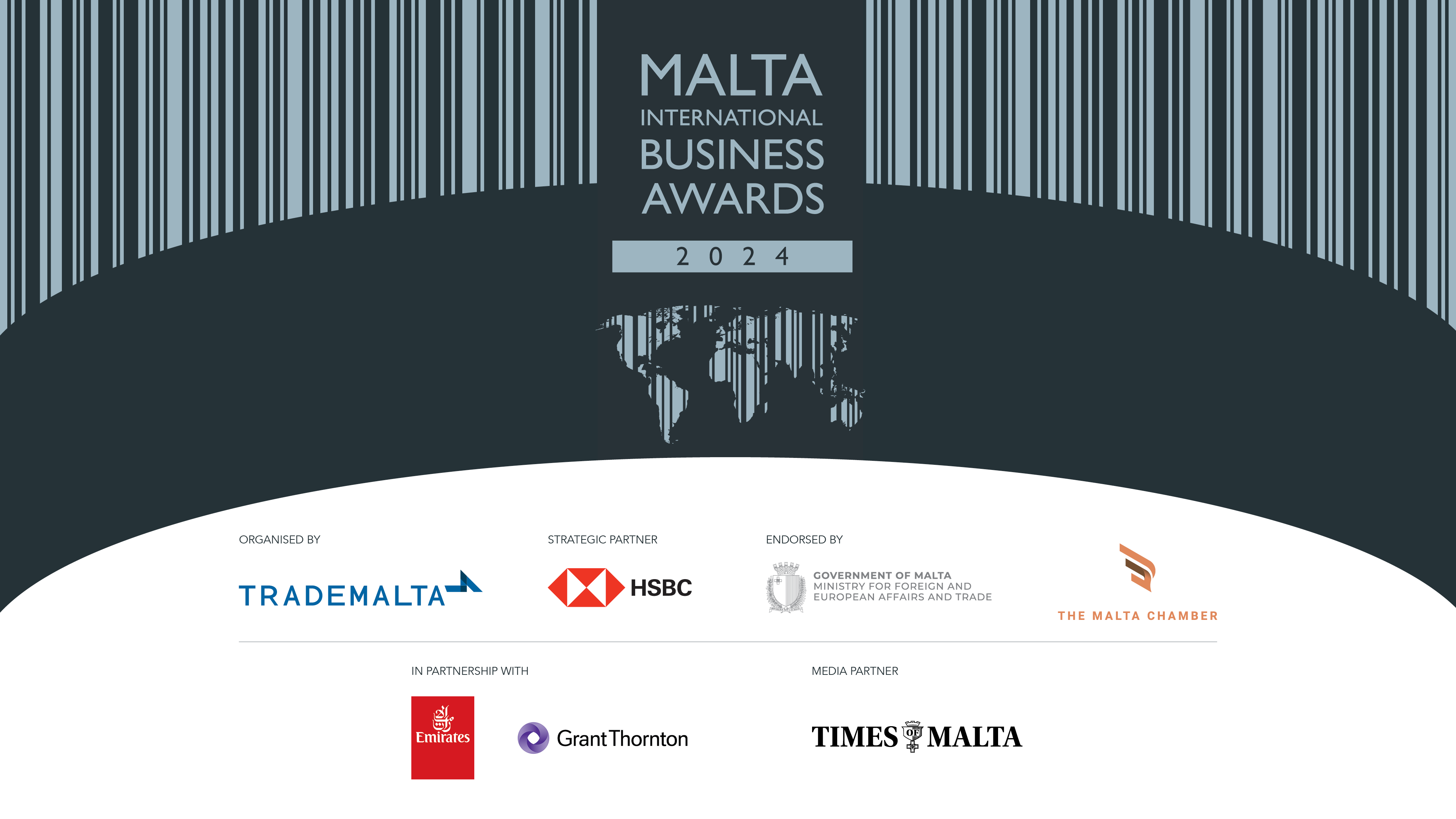

Marisa Xuereb, The Malta Chamber Deputy President and Managing Director of Raesch Quarz (Malta) Ltd weighed in on the obstacles that Covid-19 introduced within the manufacturing sector during a webinar organised by the Malta Business Network on Thursday.
Xuereb noted that proactivity was crucial. “As soon as the pandemic struck, manufacturing companies needed all hands on deck, and new measures were introduced immediately to ensure that the supply chain was not impacted,” she said. She continued by noting that it was clear from the beginning that the Government needed to treat manufacturing as an essential sector which could not afford major operational disruptions.
Xuereb said that full cooperation was required not only from all personnel, at all levels, but also key players within the whole supply chain, such as suppliers and logistics agents. “Although demand increased in terms of certain medical and sanitation products, new challenges arose with regards to delivering such products to locations outside Europe previously supplied from companies in Asia such as China,” she stated.
When questioned about the effectiveness of the wage supplement, The Deputy President explained that it enabled firms in hard-hit sectors such as tourism and retail to maintain employment levels but was less impactful for manufacturing companies.
“It is important to note that a number of positives have emerged throughout the past months. Businesses that thrived during the pandemic were those that learnt to be more flexible while maintaining a healthy, skilled and well-rounded employee-base,” noted The Deputy President. She also said that during a year which was characterised by instability, investing in a business model which embodies a strong customer base was critical.
The Deputy President concluded by noting that thanks to Covid-19, the manufacturing industry was finally being recognised for its resilience. “The manufacturing sector remains a pillar of strength in all developed economies,” she said.
...
...


...

...
